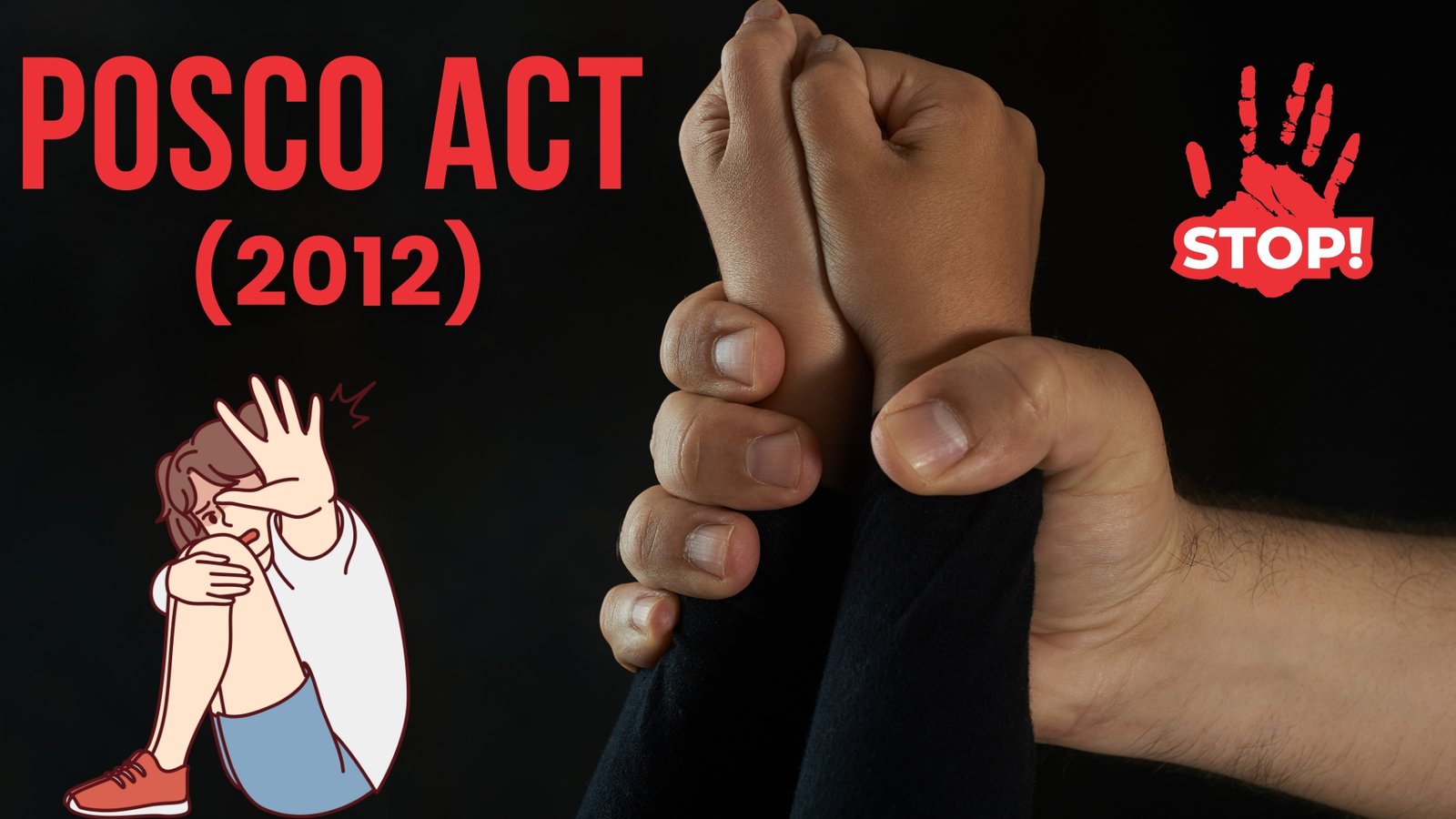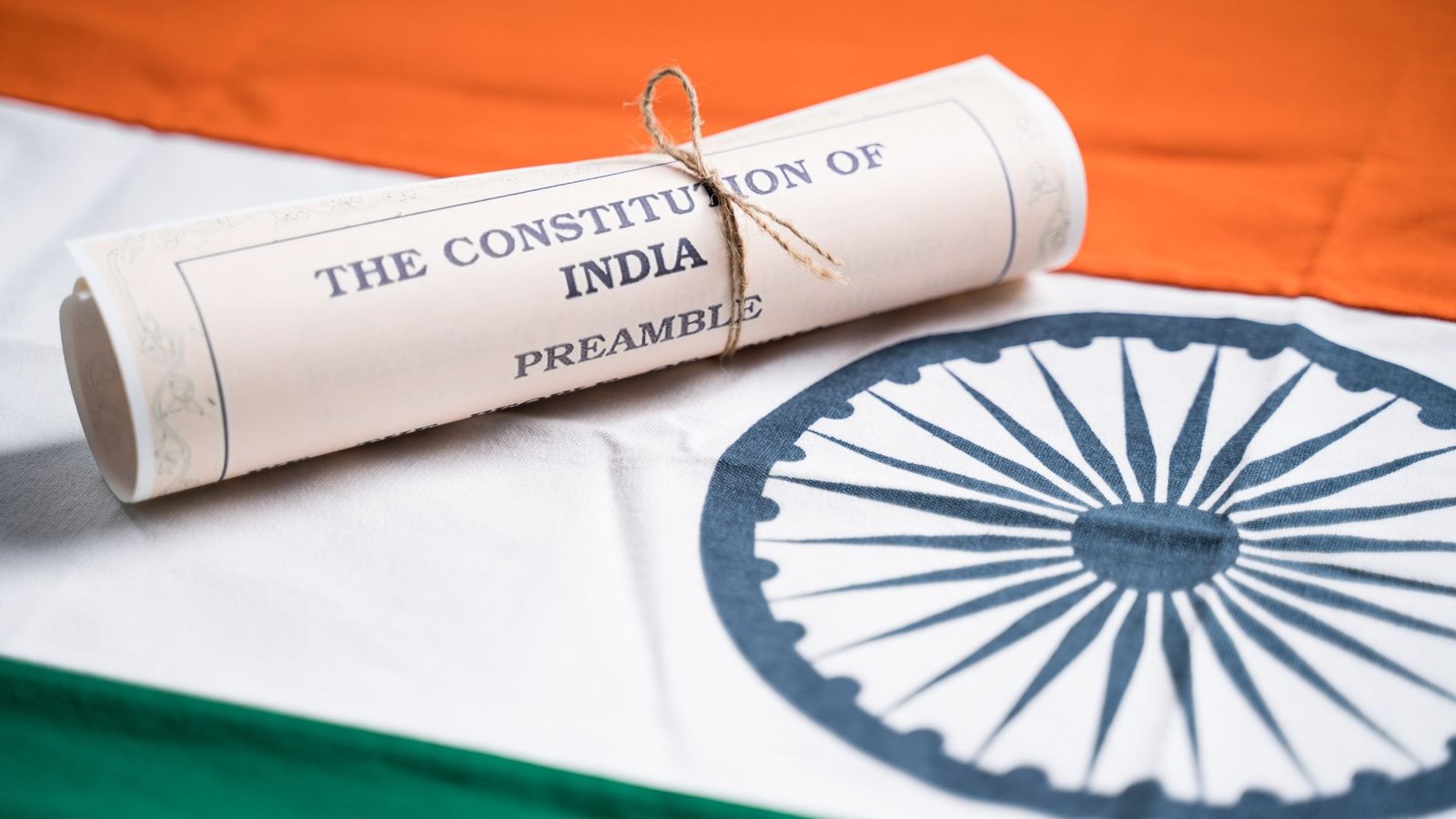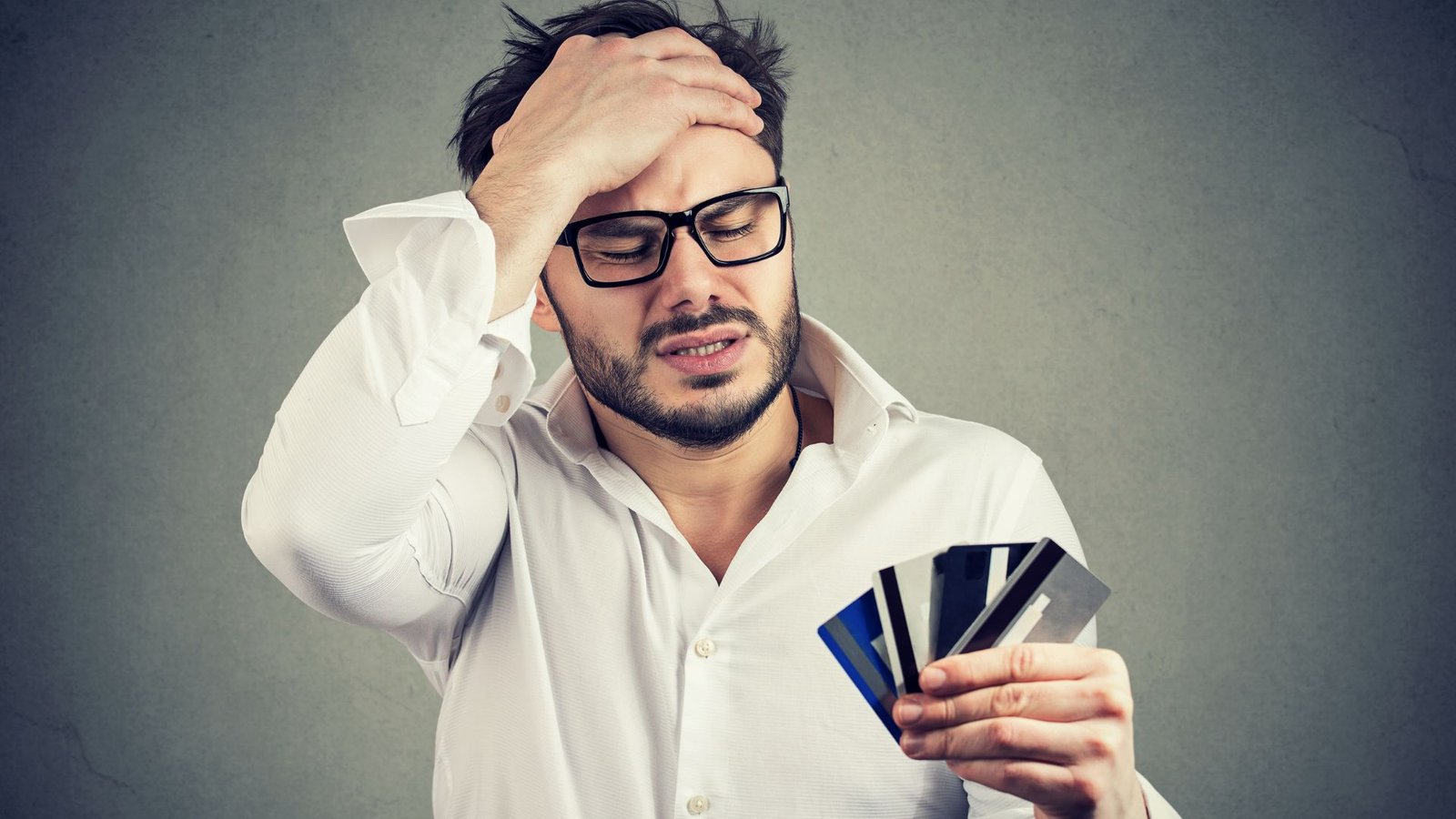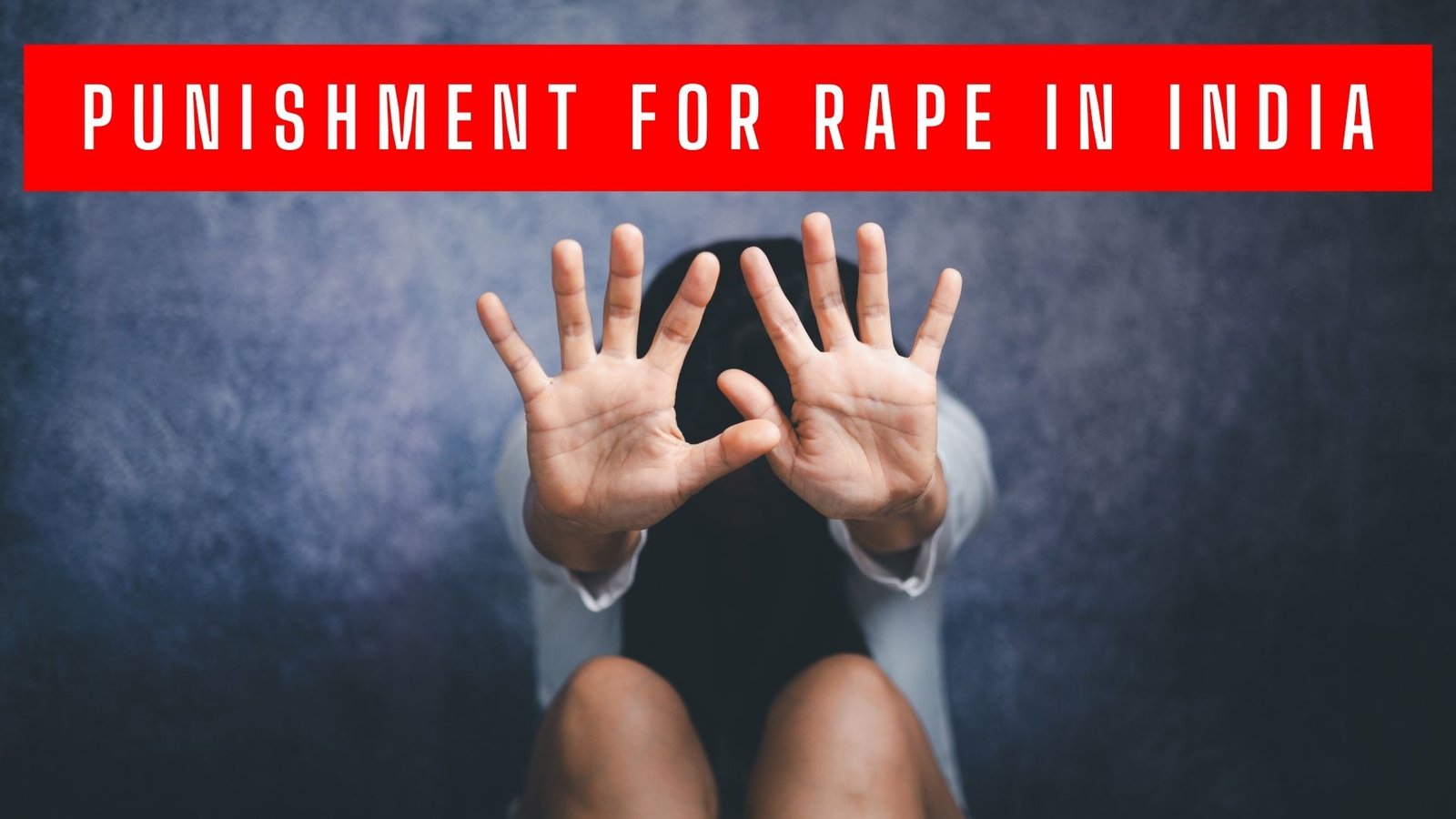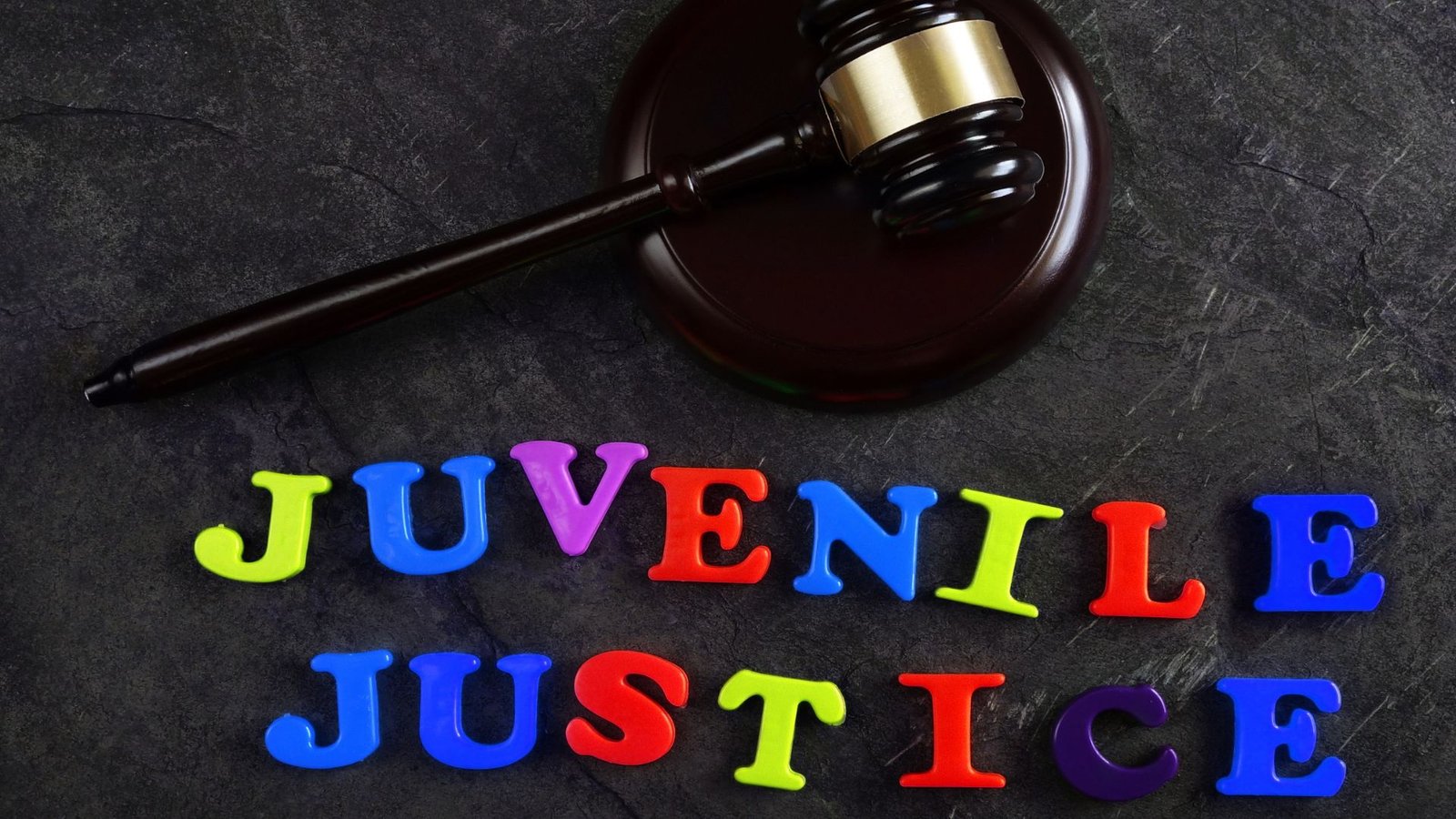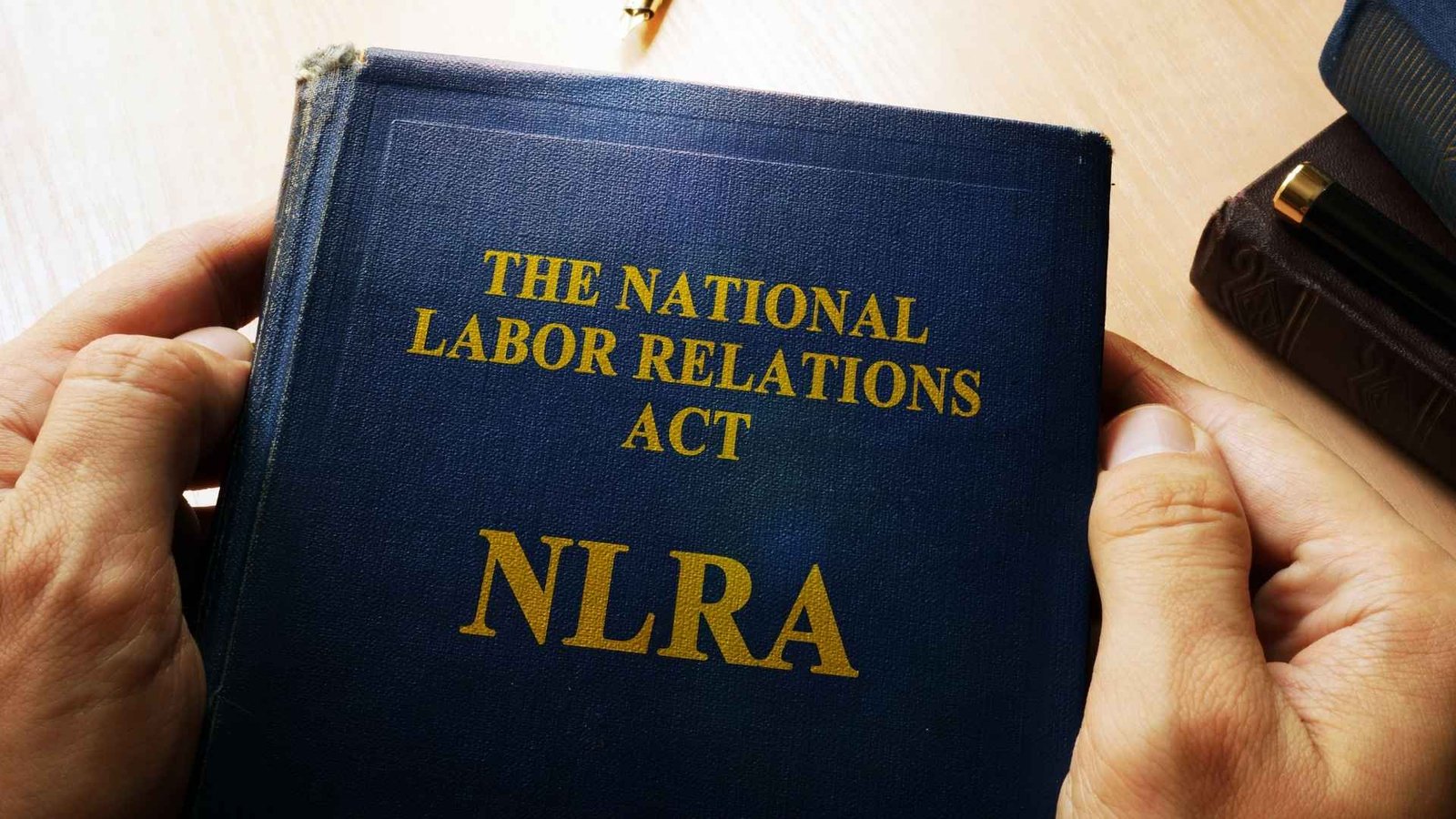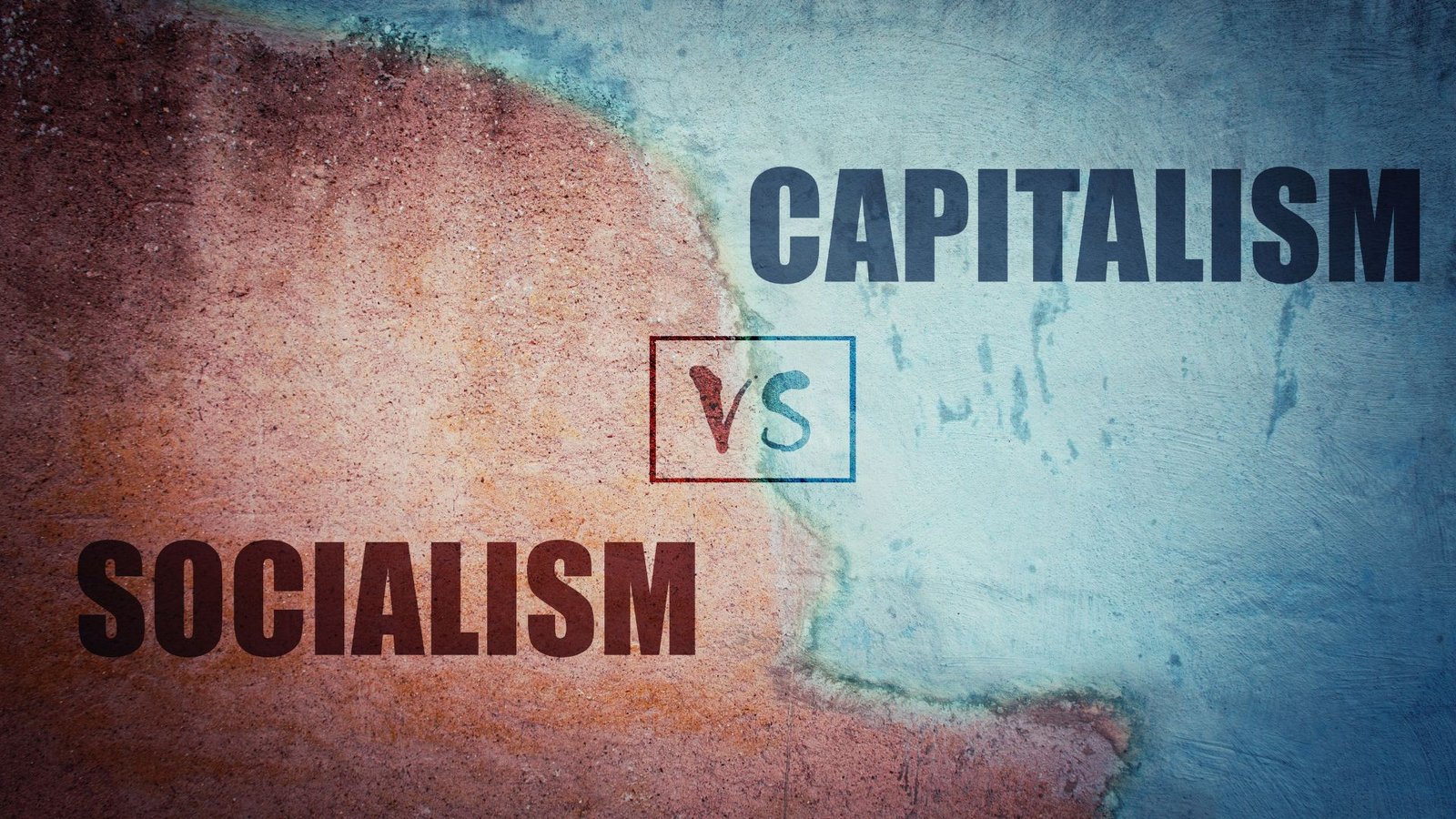On this page you will read detailed information about POSCO Act 2012.
As a concerned citizen, you likely want to understand the protections Indian law provides to children regarding sexual offenses. The POCSO Act, passed in 2012, aims to defend children’s interests and prevent their exploitation. In this 100-word overview, you will learn the origins, purpose, key provisions, and effects of this important legislation. Gaining literacy on POCSO will empower you to identify violations, advocate for young people, and spread awareness. Though heavy in nature, the knowledge presented serves society’s most vulnerable. Continue reading this summary to comprehend your nation’s mechanisms to combat childhood sexual abuse.
What Is POCSO Act?
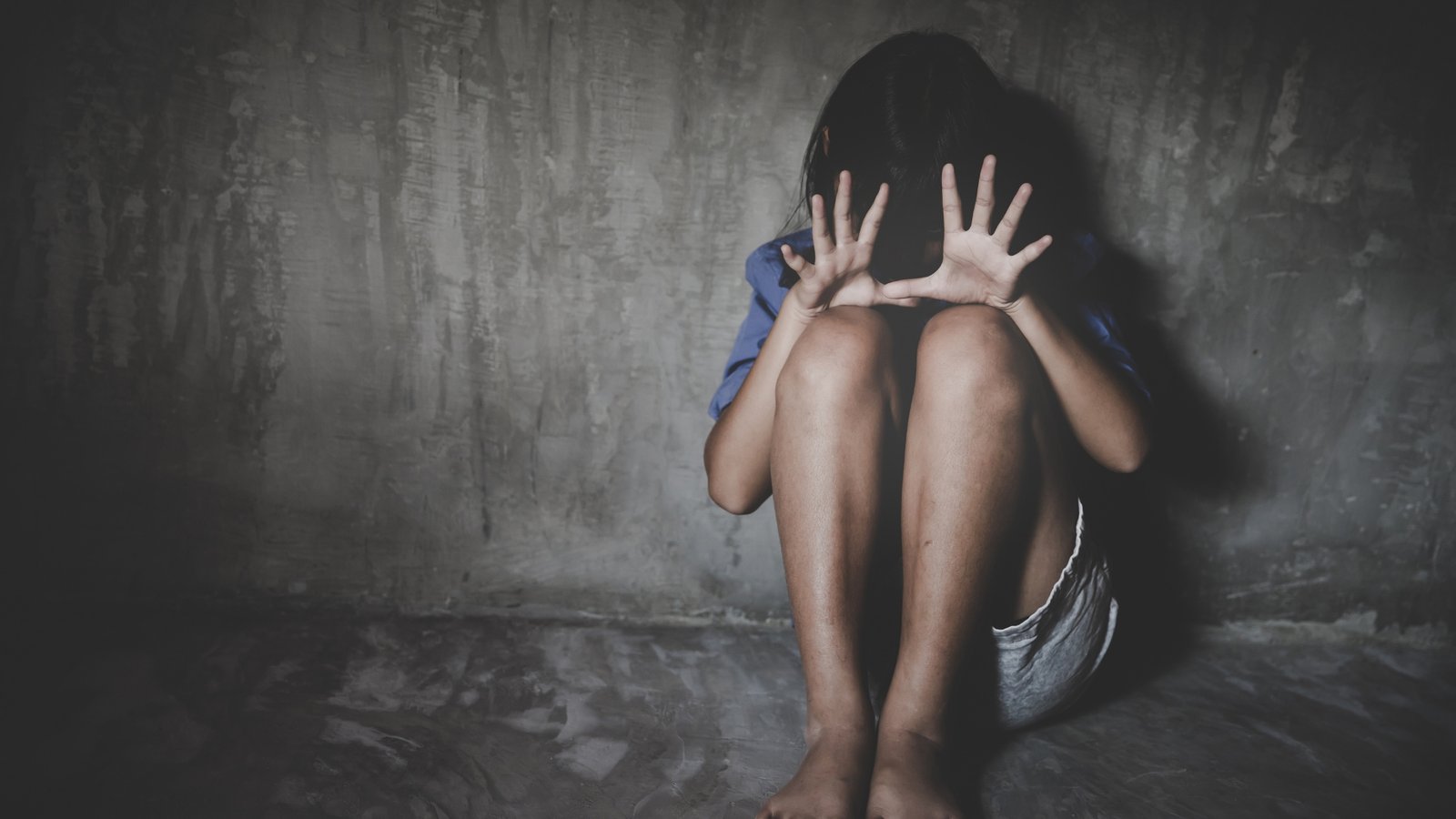
The Protection of Children from Sexual Offences Act (POCSO Act), 2012, is a comprehensive law enacted by the Government of India to provide for the protection of children from offenses of sexual assault, sexual harassment, and pornography. It aims to safeguard the interests of vulnerable children in India.
The Act defines different forms of sexual abuse, including penetrative and non-penetrative assault, as well as sexual harassment and pornography. It deems a person below the age of 18 as a child. The Act also casts duties on police officers and the authorities to report cases of child sexual abuse.
Key Provisions
Some of the main provisions of the POCSO Act are:
- Aggravated penetrative sexual assault: Includes assault resulting in death or persistent vegetative state of the child. Punishable by rigorous imprisonment of at least 20 years which may extend to imprisonment for life.
- Penetrative sexual assault: Includes various kinds of penetration (vaginal, anal, oral) by penis or object. Punishable by rigorous imprisonment of at least 7 years which may extend to imprisonment for life.
- Sexual harassment: Includes various unwelcome acts like showing pornography, stalking, or circulating obscene material.
Punishable by rigorous imprisonment of up to 3 years. - Use of child for pornographic purposes: Includes using a child in any medium for pornographic purposes. Punishable by rigorous imprisonment of at least 5 years which may extend to 7 years.
The POCSO Act stipulates the establishment of Special Courts for speedy trials and rehabilitation of victims. It casts duties on various government agencies to spread awareness regarding child sexual abuse and the provisions of the Act. The Act protects the identity of the child at all stages of investigation and trial. It also makes provisions for child-friendly procedures and environment for the reporting, recording of evidence, investigation and trial of offenses.
In summary, the POCSO Act aims to protect children from all forms of sexual abuse and ensure a safe environment for their development. By clearly defining various sexual offenses against children and providing deterrent punishment, it seeks to effectively curb such crimes in India.
Background and History of the POCSO Act
The Protection of Children from Sexual Offences Act (POCSO Act), 2012 was passed by the Indian Parliament to protect children from offenses of sexual abuse and exploitation. Prior to POCSO, there was no specific law to address these heinous crimes against children.
The Act defines different forms of sexual abuse, including penetrative and non-penetrative assault, as well as sexual harassment. It deems a person below the age of 18 as a child. The Act also provides for stringent punishments, including life imprisonment for certain offenses. It aims to provide a child-friendly judicial process by requiring the trial court to complete the trial within one year. The Act also makes provisions for avoiding re-victimization of the child at the hands of the judicial system.
Need for an Exclusive Law
There was a growing demand for a stringent law to counter the rising cases of child sexual abuse and exploitation in India. The existing laws were inadequate to deal with these offenses. The Indian Penal Code (IPC) did not specifically recognize and criminalize major forms of child sexual offenses. Prosecution of offenders was also difficult under IPC and other laws. Hence, there was a need for a comprehensive and exclusive law to protect children against sexual offenses.
The POCSO Act is a landmark legislation that aims to safeguard the interests of vulnerable children in India. However, much work still needs to be done to ensure its effective implementation. All stakeholders including police, judiciary, child welfare committees, district child protection units, and civil society organizations should work together to curb the menace of child sexual abuse in the country. With more awareness and stringent action under the POCSO Act, India hopes to become a safer place for children.
Key Provisions Under the POCSO Act
The POCSO Act of 2012 outlines several key provisions aimed at protecting children from sexual abuse and exploitation.
Mandatory Reporting
The POCSO Act makes it mandatory for anyone aware of the commission of a sexual offense against a child to report the offense. This includes parents, guardians, family members, doctors, schools, media, etc. Failure to report is punishable by law.
Child-Friendly Judicial Process
The POCSO Act ensures that the judicial process is sensitive to the needs of the child. Provisions include:
- Recording the statement of the child at their residence or place of choice.
- No child shall be detained in a police station overnight.
- The police officer recording the statement of the child shall not be in uniform.
- The statement of the child shall be recorded promptly without any delay, as far as possible within 24 hours.
- Medical examination of the child shall be conducted in the presence of the parent or any other person in whom the child reposes trust or confidence.
- The cross-examination of the child shall be carried out in camera by the judge.
Punishment and Penalties
The POCSO Act specifies stringent punishment graded as per the gravity of the offense, with a maximum term of rigorous imprisonment for life, and fine.
Child Welfare Committee
The POCSO Act provides for the establishment of Child Welfare Committees (CWCs) in each district, which shall take cognizance of cases of child in need of care and protection. The CWC shall conduct inquiry for sending the child to a shelter home or to his parents or guardian.
In summary, the POCSO Act aims to provide child-friendly legislation that protects the interests of the child at every stage of the judicial process. By mandating timely reporting, sensitive handling and harsh punishment, it seeks to curb the menace of child sexual abuse in India.
In the previous post, we had shared information about Abortion Law in the USA: A Complicated History, so read that post also.
Offenses Covered Under the POCSO Act
The POCSO Act covers a range of offenses against children including:
- Penetrative Sexual Assault (Sec. 3): Penetration of the vagina, urethra, anus or mouth with any body part or object. This includes aggravated penetrative sexual assault which results in grievous hurt or injury to the child.
- Aggravated Sexual Assault (Sec. 5): Sexual assault by a person in a position of trust or authority over the child, such as a family member, police officer, teacher, or doctor. This includes administering drugs or substances to a child for the purpose of intercourse.
- Sexual Harassment (Sec. 11): Unwelcome acts like physical contact, sexually colored remarks, showing pornography to a child with the intention of violating their dignity.
- Child Pornography (Sec. 14): Producing, distributing, or accessing child pornography, which includes photographs, videos, digital or computer generated images indistinguishable from an actual child. Mere possession of child pornography is also an offense.
In addition to the offenses, the POCSO Act also outlines procedures for reporting and recording complaints, medical examination, and trial. It aims to make the judicial process child-friendly by conducting trials in-camera and without revealing the identity of the child.
The POCSO Act is a comprehensive law enacted to protect children from offenses like sexual abuse, sexual harassment and pornography while safeguarding the interest of the child at every stage of the judicial process by incorporating child-friendly mechanisms. By defining a wide range of sexual offenses against children and providing stringent punishments, the POCSO Act aims to deter such heinous crimes against children.
Penalties and Punishments Under the POCSO Act
The POCSO Act aims to provide protection to children below the age of 18 from sexual abuse and exploitation. To effectively achieve this objective, the Act has provisions for strict penalties and punishments for offenders.
Penalties
Any person found guilty of committing penetrative sexual assault on a child can be imprisoned for not less than seven years up to life, as well as fined. For aggravated penetrative sexual assault, the minimum punishment is ten years in prison which can extend to life imprisonment, along with a fine.
The Act also penalizes other sexual offenses like sexual harassment, child pornography, etc. The punishment varies depending on the type of offense, ranging from three to ten years of imprisonment as well as monetary fines. The fines collected are used for the welfare and rehabilitation of child victims.
Disqualification from certain jobs
In addition to legal penalties, the POCSO Act debars convicted offenders from taking up jobs that involve regular contact with children, such as teachers, doctors, etc. This helps prevent further abuse of children by such offenders.
Protection of the identity of the child
The POCSO Act has provisions to protect the identity of the child at all stages of the judicial process. Disclosing the name, address, photograph, family details, school, or any other information that could lead to the identification of the child is punishable with imprisonment of up to one year, a fine, or both.
Presumption of guilt
The Act presumes the guilt of the accused in certain circumstances unless proven otherwise. For example, if a person is found with a child in a secluded place for an unjustifiable reason, the court may presume that the person has committed an offense under the Act. The burden of proof then lies on the accused to prove otherwise.
In summary, the POCSO Act aims to curb child sexual abuse cases by prescribing strict punishments for offenders and protecting child victims during the legal process. The deterrent effects of the penalties and punishments under this Act act as a safeguard for children in society.
Reporting Mechanisms and Procedures
The POCSO Act lays down clear reporting mechanisms and procedures to aid the effective implementation of the law. As a responsible citizen, if you come across any instance of child sexual abuse, it is your duty to report it to the authorities immediately.
There are several ways to report child sexual abuse cases under the POCSO Act:
- Report to the local police station: You can visit the nearest police station and file a First Information Report (FIR) providing details of the abuse. The police are mandated to register the FIR under Section 19 of the POCSO Act.
- Call the helpline: You can contact Childline India Foundation’s helpline 1098 or state-level child helplines to report the abuse. The helpline will then forward the information to the relevant authorities.
- Report to the Special Juvenile Police Unit (SJPU) or local complaints authority: As per the POCSO Act, the government is required to constitute SJPUs and child-friendly complaints committees at the district level to deal with cases of child sexual abuse. You can report the matter to these units directly.
- Report to the Child Welfare Committee (CWC): The CWC, constituted under the Juvenile Justice Act, is empowered to deal with cases of child sexual abuse. You can report the abuse to the CWC which will take necessary actions.
- Report anonymously: If you wish to report anonymously, you can send written information in a sealed envelope to the authorities mentioned above. Your identity will be kept confidential.
Upon receiving information about child sexual abuse, the authorities are required to act immediately as per the procedures laid down in the POCSO Act. Their role is to ensure speedy trial, maximum punishment to the perpetrators and rehabilitation of the victims. By reporting such cases, you can play an important role in protecting children from these heinous crimes.
Role of Police, Courts and Special Courts
The POCSO Act designates specific roles and responsibilities to the police, courts and special courts to effectively implement the provisions of the Act.
Police
The police play an instrumental role in enforcing the POCSO Act. They are responsible for reporting and recording any information related to the commission of a sexual offense against a child. The police must take immediate action upon receiving such a report by rescuing the child, recording their statement, and arranging for medical examination. They are required to file a First Information Report (FIR) and launch an investigation into the offense. The police may apprehend the accused and obtain their custody for the purpose of investigation and trial.
Courts
The courts conduct the trial of persons accused of committing sexual offenses against children. They examine the evidence presented before them by the police and the accused. If the accused is found guilty, the courts determine the quantum of punishment to be awarded within the scope of the POCSO Act. The courts ensure fair trial and protect the rights of both the accused as well as the child victim.
Special Courts
The POCSO Act provides for establishment of Special Courts in each district for the purpose of speedy trial of offenses under this Act. The state governments may designate a Sessions Court as a Special Court or constitute a new Special Court for this purpose. The Special Courts are presided over by a judge with experience in dealing with child abuse cases or similar offenses. They create a child-friendly atmosphere for the child victim to testify and seek to complete the trial within a year of taking cognizance of the offense.
To conclude, the POCSO Act provides a robust framework to curb the menace of child sexual abuse in India. However, its effective implementation depends on the synergy between the police, courts and special courts in delivering child-centric justice. With deterrent punishment and sensitive handling of child victims, POCSO aims to create an environment where the innocence of childhood can thrive.
Safeguards for Child Victims
The POCSO Act aims to protect children from sexual abuse and exploitation while safeguarding the interests of child victims. Several provisions are in place to ensure children’s well-being during the legal process.
Child-Friendly Courtroom
Special courts are set up exclusively for POCSO cases. These courtrooms are designed to be child-friendly, with amenities like toys, books, and audio-visual equipment to help children feel comfortable. Only specially trained judges and prosecutors handle these cases.
In-Camera Trial
The trial is conducted ‘in-camera’ – privately and confidentially without public access. Only individuals directly involved in the case like the victim, accused, witnesses, lawyers, prosecutors, and judges can attend the trial. This protects the child’s privacy and prevents re-victimization.
Video Recording of Statement
The child’s statement is video recorded by a magistrate instead of them having to testify in open court. This recording is then used as evidence in the trial so that the child does not have to repeatedly tell their story. Cross-examination of the child is done through the video link if needed. This measure reduces trauma and protects the child from facing the accused.
No Direct Contact with Accused
The POCSO Act prohibits any direct contact between the accused and the child. Their statements and testimonies are obtained in a separate room through a video link. If confrontation between the accused and victim is required, it is done through a screen.
Compensation
The court may direct the accused to pay interim and final compensation to the child victim for injuries, trauma, and loss/impairment of education and opportunities. The compensation is paid from a Victim Compensation Fund established by the state governments. This aims to rehabilitate and help the child recover from the abuse.
The POCSO Act incorporates substantial measures to uphold the ‘best interests of the child’ while ensuring justice. These safeguards shield child victims from hardship during legal proceedings and support their well-being and recovery.
POCSO Act FAQs: Commonly Asked Questions Answered
The POCSO Act, 2012 aims to protect children from offenses like sexual abuse, sexual harassment and pornography. However, you may have some commonly asked questions about this act. Here are some of the FAQs answered:
The POCSO Act stands for “The Protection of Children from Sexual Offences Act, 2012”. It was enacted to protect children from sexual abuse and exploitation.
The main objectives of the POCSO Act are:
1. Protect children from sexual assault, harassment and pornography.
2. Provide a child-friendly system for reporting, recording and trial of sexual offences.
3. Provide care, protection, treatment, development and rehabilitation of children in a manner that addresses their needs.
The POCSO Act defines various sexual offences against children such as:
i) Penetrative Sexual Assault
ii) Aggravated Penetrative Sexual Assault
iii) Sexual Assault
iv) Aggravated Sexual Assault
v) Sexual Harassment of a child
vi) Use of a child for pornographic purposes
vii) Storage of pornographic material involving a child
The penalties for offences under the POCSO Act range from 3 years of imprisonment to life imprisonment. Fines may also be imposed by the court in addition to imprisonment. The Act also provides for reporting and recording the statement of the child at the residence of the child or at the place of his choice, and not repeatedly.
Any person including the child who has apprehension that an offence under this Act is likely to be committed or has knowledge that such an offence has been committed can report the case. The report can be made to the local police or the Special Juvenile Police Unit.
Conclusion
In summary, the POCSO Act is a critical piece of legislation focused on protecting children in India from sexual abuse and exploitation. By learning more about it as concerned citizens, we can better understand the protections it aims to provide as well as remaining gaps. Increased awareness empowers us to advocate for robust enforcement and accountability when violations occur. If we want India to be a safe place for all children to grow and thrive free from sexual harm, continuing to advance the principles behind POCSO will move us in the right direction. There is still work left to do, but the POCSO Act provides an important foundation from which progress can be made.
Disclaimer
The information and services on this website are not intended to and shall not be used as legal advice. You should consult a Legal Professional for any legal or solicited advice. While we have good faith and our own independent research to every information listed on the website and do our best to ensure that the data provided is accurate. However, we do not guarantee the information provided is accurate and make no representation or warranty of any kind, express or implied, regarding the accuracy, adequacy, validity, reliability, availability, or completeness of any information on the Site. UNDER NO CIRCUMSTANCES SHALL WE HAVE ANY LIABILITY TO YOU FOR ANY LOSS OR DAMAGE OF ANY KIND INCURRED AS A RESULT OR RELIANCE ON ANY INFORMATION PROVIDED ON THE SITE. YOUR USE OF THE SITE AND YOUR RELIANCE ON ANY INFORMATION ON THE SITE IS SOLELY AT YOUR OWN RISK. Comments on this website are the sole responsibility of their writers so the accuracy, completeness, veracity, honesty, factuality and politeness of comments are not guaranteed.
So friends, today we talked about POCSO Act 2012, hope you liked our post.
If you liked the information about POCSO Act 2012, then definitely share this article with your friends.
Knowing about laws can make you feel super smart ! If you find value in the content you may consider joining our not for profit Legal Community ! You can ask unlimited questions on WhatsApp and get answers. You can DM or send your name & number to 8208309918 on WhatsApp

